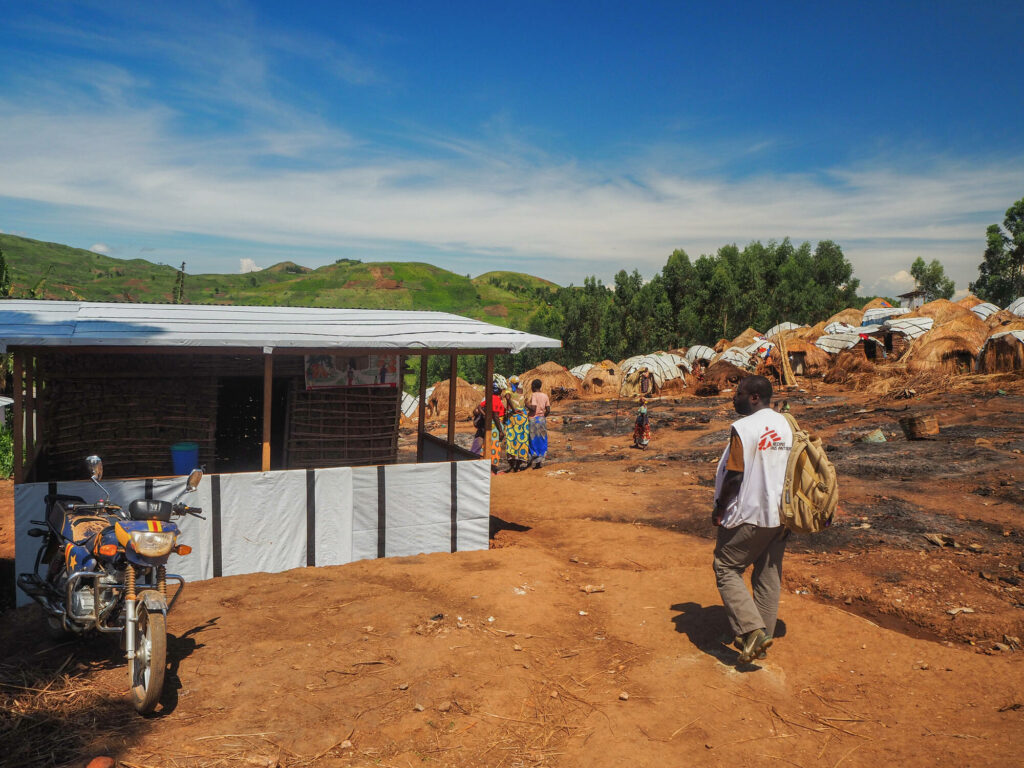High levels of violence and a sense of impunity from warring parties have forced Médecins Sans Frontières (MSF) to close projects in parts of northeastern Democratic Republic of Congo (DRC).
The humanitarian aid organisation cited attacks on MSF vehicles – clearly labelled as medical aid vehicles – that left two of their staff badly wounded.
“The lack of guarantees from warring parties, and no commitment to investigate the incident by the authorities, have forced us to withdraw,” MSF said in a statement.
“Following the incident, MSF called on all parties to the conflict to condemn the attack and to respect international humanitarian law and protect medical facilities, health workers, ambulances, patients and the wounded. We also asked the authorities to launch an investigation into the incident, but this has not happened. “
‘Cannot risk lives to save lives’
Olivier Maizoué, MSF programme manager for DRC, says they regret the decision but feel as though they were given little choice: “We cannot risk lives to save lives. The risks are simply too high and therefore it is impossible for MSF to return to those areas with confidence.”
Related News
- MSF withdraws from Polish border after being denied access to treat migrants
- Médecins Sans Frontières suspends some activities in Congo after attack on vehicle
MSF will continue to provide medical and humanitarian aid elsewhere in the Ituri province, and says they will continue to support local health authorities in Nizi and Bambu by donating medicines and medical supplies to cover the months ahead.
“We are, however, painfully aware that this one-off donation will not compensate for our departure and will adversely affect those people in dire need of healthcare,” said Maizoué.
Sadly @MSF had to suspend its projects in Nizi & Bambu; after unresolved attacks on health facilities & staff. and the inability to obtain security guarantees from parties to the conflict. We'll cntn aid elsewhere in #Ituri #DRC. @MSF_Suisse @MSF_Schweizhttps://t.co/7t1xy1WitV
— Stephen Cornish (@Stephen_Cornish) March 21, 2022
MSF pointed out that all parties to the DRC conflict are supposed to facilitate unimpeded access of humanitarian aid for civilians in need, and respect and protect humanitarian personnel.
But the attacks on vehicles were not isolated violations of this rule.
“We are concerned by the numerous attacks and looting of health facilities, and we are deeply disturbed by the climate of impunity that reigns today in this part of DRC,” said Jérome Alin, MSF head of mission. “We know that impunity fuels yet more violence.”
MSF teams in other areas of DRC report witnessing similar incidents aimed at medical and humanitarian workers, and are planning a one-day protest on 23 March 2022, meaning only lifesaving medical activities will take place that day.

